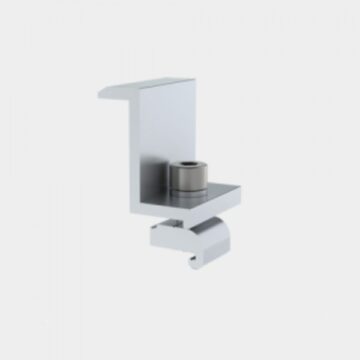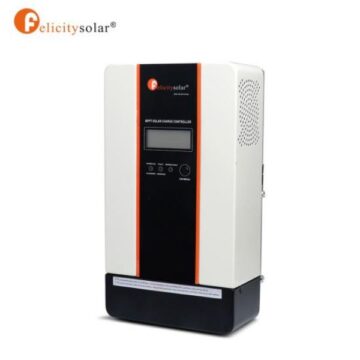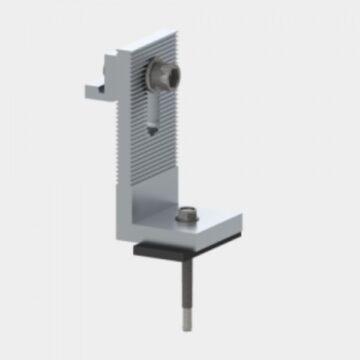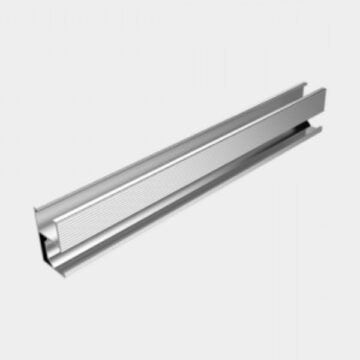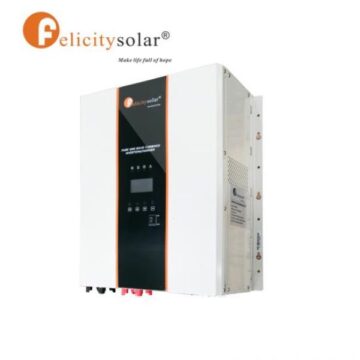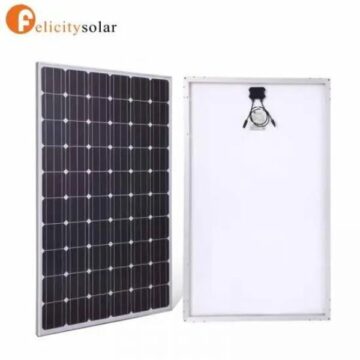Felicity LiFePo4 Lithium-Ion Battery is one of the best lithium batteries available in Kenya. It is suitable for most residential homes as it gives the power to last throughout the night in most typical solar power setups in Kenya. It can be coupled with a solar system that includes solar panels and inverter to ensure you are fully on renewable sun energy. At Happy Solar Systems we stock and supply FelicityLithium Ion Battery 48V 150 Ah at very affordable rates. Check the current prices HERE. At the same time, you can reach us on Call/Text/WhatsApp on 0741 163020.
What is a lithium battery as used in Kenya?
A lithium battery, commonly known as a lithium-ion (Li-ion) battery, is a type of rechargeable battery that contains lithium. Because of their high energy density, extended cycle life, and adaptability for a wide range of applications, including consumer electronics, electric vehicles, and renewable energy storage systems, lithium batteries have grown in popularity.
Affordable Felicity LiFePo4 Lithium-Ion Battery 48V 150Ah 7.2KWh Data Sheet
| Model | LPBF48150-P | |
| Capacity | 7.2KWH | |
| Voltage | 48V | |
| Rated voltage | 51.2V | |
| Charge voltage | 57.6V | |
| Discharge Voltage range | 48-57.6V | |
| Max charge & discharge current | 120A@30S | |
| Rated charge current | 80A | |
| Modules connection | 1-6 in parallel | |
| Ingress Protection | IP21 | |
| Cycle life | >6000 @ 25℃ | |
| Working Temperature range | -10℃-50℃ | |
| Net weight | 56KG | |
| Dimension | 665*430*205MM | |
Characteristics and features of lithium batteries
High Energy Density: Of all rechargeable battery technologies, lithium batteries have one of the highest energy densities. This makes them excellent for portable electronics and electric vehicles since they can store a lot of energy compared to their size and weight.
Lithium batteries have the ability to be charged and discharged repeatedly since they are rechargeable. Compared to single-use disposable batteries, they are therefore more affordable and environmentally benign.
Long Cycle Life: Compared to other rechargeable battery types like nickel-cadmium (NiCd) or nickel-metal hydride (NiMH) batteries, lithium batteries often have a longer cycle life. Before their capacity noticeably decreases, they can withstand hundreds to thousands of charge and discharge cycles.
Wide Temperature Range: Lithium batteries are suitable for both high-temperature and low-temperature situations since they can function well throughout a wide temperature range.
Lithium-ion batteries can be made of a variety of chemistries, such as lithium manganese oxide (LiMn2O4 or LMO), lithium cobalt oxide (LiCoO2), lithium iron phosphate (LiFePO4 or LFP), and others. Each chemical has unique properties that make it useful for a variety of applications, including safety, energy density, and thermal stability.
Whilst lithium batteries are generally safe, they can be vulnerable to physical harm, overcharging, and over-discharging. Lithium batteries frequently include protection circuits and safeguards that stop overcharging and overheating in order to reduce safety hazards.
Applications: Lithium batteries are used in many different products, such as mobile phones, computers, cameras, electric vehicles (EVs), energy storage systems (ESS) for solar and wind energy, medical equipment, and more.

Conclusion
While lithium batteries have many benefits, it’s vital to remember that correct handling, charging, and disposal are also necessary for both safety and environmental responsibility. Furthermore, many lithium-ion chemistries have unique properties and are selected based on the needs of a given application.

